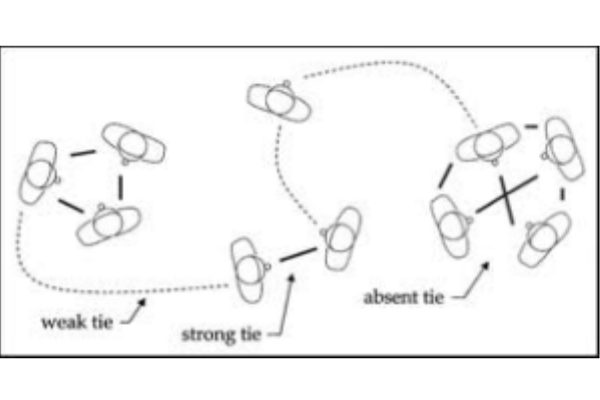Team building has been much misunderstood. Many teams and leaders treat it as a “Fun Day” or a filler activity during an offsite. Others wonder if it truly has any return on investment at all. I have seen both sides of the conversation, and my view is simple.
Team building works only when it is treated as more than an event. What happens after the program is what determines whether it leads to meaningful change or fades from memory.
If your team just completed a team building session that went well, here are five thoughtful things you can do to keep the momentum alive and turn that one experience into long-term growth.
1. Run an Informal Team Audit
Table of Contents
Start with a pulse check. A team audit helps you reflect on what has changed and what still needs work. This does not have to be a formal 360-degree feedback process. Even a simple set of questions about team trust, collaboration, communication, and alignment can help reveal blind spots.
You can design this as a short anonymous survey or host an open discussion depending on the comfort level of your team. Use the insights to plan your next steps. This is where growth begins.
2. Map Communication Using Network Analysis
One of the best ways to understand your team dynamics is through a simple network analysis. It shows who is connecting with whom and who might be getting left out of key conversations.
As a team leader or HR partner, this helps you identify informal influencers, bottlenecks, and gaps in inclusion. Once you see the map, you will start noticing patterns that were previously invisible.
From there, you can take small actions to create more inclusive communication and stronger collaboration across the board.
3. Align on What Success Looks Like
You might be surprised how often teams skip this. We assume everyone knows what the shared goals are, but rarely do we take the time to align.
After a team building session, it is the perfect time to revisit the big picture. What does success look like for this team over the next quarter or year? What role does each person play? How will we measure progress?
These conversations create clarity. They make accountability easier. And they help every team member see how their work fits into something larger.
4. Discuss What Failure Might Look Like
Just as important as defining success is the often-overlooked conversation about failure.
Ask your team: What happens if we do not work well together? What is at stake for the business, for our customers, and for each other?
These questions create awareness. They remind people of the ripple effect their individual actions can have. This step is especially useful for teams where siloed working is the norm. When we understand how our work affects others, we tend to act with more intention and care.
5. Celebrate the Wins, Big and Small
It is easy to put this one off. We all have good intentions. “Let’s plan a team lunch.” “Let’s do a little celebration after we hit that milestone.” But the daily grind gets in the way, and before we know it, the moment passes.
Celebrating as a team does not need to be extravagant. A small gesture, a shared note of appreciation, or a virtual high-five in a team meeting can go a long way.
When we celebrate wins, we reinforce positive behaviors. We create emotional safety. And we build a culture where people feel seen and valued.
Bonus Tips to Keep the Momentum Going
A team building program is not the finish line. It is the starting block. Here are a few more ways to sustain the experience:
- Link the workshop takeaways to business priorities. Reflect on what behaviors shifted and how those shifts affect goals that matter.
- Follow up with experiential learning. Consider short sessions that build on the workshop themes. These can include formats like experiential learning or team bonding challenges.
- Use business simulations for deeper practice. Tools like Business Acumen Simulation give teams a risk-free way to test decision-making in real-world situations. They also help surface team dynamics under pressure.
The Takeaway
If we want to build stronger teams, we must treat team building as a journey, not an event.
What your team does after the workshop determines the real return on your investment. Whether that investment leads to real behavior change, better collaboration, and stronger results is up to the habits you build from here.
So take the next step. Run the audit. Map the communication. Align your goals. Talk about the hard stuff. And celebrate your progress.
Because teams are built over time, not over one activity.
If you would like to explore curated post-workshop journeys for your team, FocusU offers a wide range of experiential formats and simulations to support long-term impact. You can also reach out to us at hello@focusu.com for ideas tailored to your needs.










